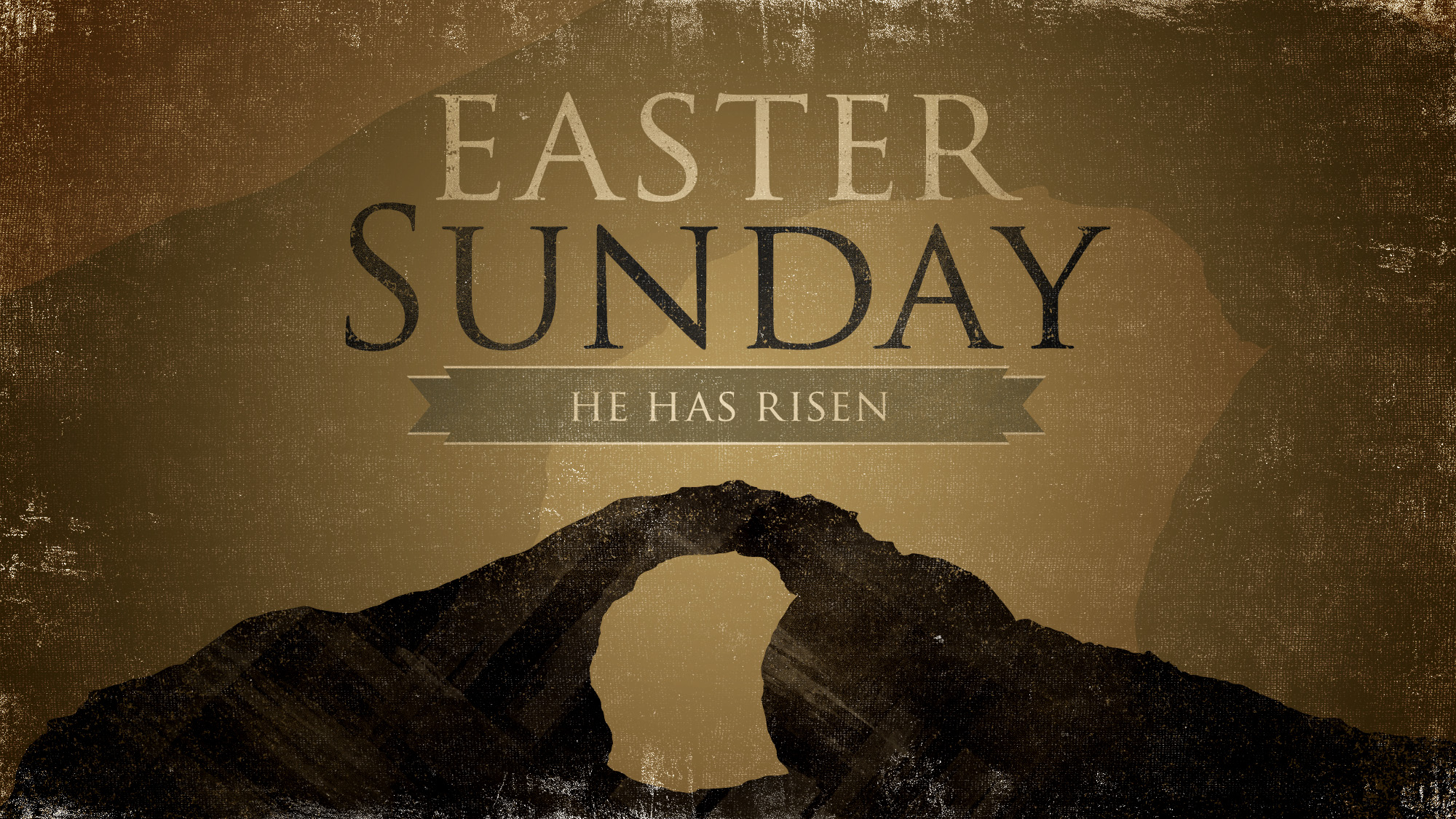Pastor, what brings you confidence as you lead God’s people? Where does your confidence come from in leading a staff? In setting direction for a church? Casting vision? Creating momentum? Pointing the way? No doubt this is a huge task entrusted to the pastor/shepherd. It’s one that I do not take lightly.
The role of the pastor is wide and varied. In previous posts, I’ve talked about the pastor’s role to love, lead, protect and feed. I take very seriously the task of preaching the Word (we’ll save that for another post). But I think many pastors minimize their God-given responsibility to lead. If you are a powerful preacher and a solid theologian that doesn’t automatically make a powerful leader. Don’t get me wrong, I appreciate strong preaching and proper doctrine. But it takes more than that to be a pastor.
Let me explain my situation. I recently returned to my home church to serve as the Senior Pastor. I have been called to lead the people of God at Second Baptist Church – many of whom have known me since I was a child. Several of the staff I serve with now were pastors here while I was growing up. My mom and dad attend this congregation as well. So, where does my confidence come to lead God’s people?
Does it come from my education? My pastoral experience? My gifts, skills, abilities and strengths? Absolutely not! My confidence in leadership comes only from my relationship with the Lord. It is only through studying the Word, spending time in prayer and following the Spirit that I gain the courage to lead God’s people onto His agenda.
You won’t find the courage, confidence and competence to lead God’s people in a textbook or a classroom. You will only find it at the feet of Jesus.
What about you? What brings you confidence as you seek to lead God’s people?






You must be logged in to post a comment.